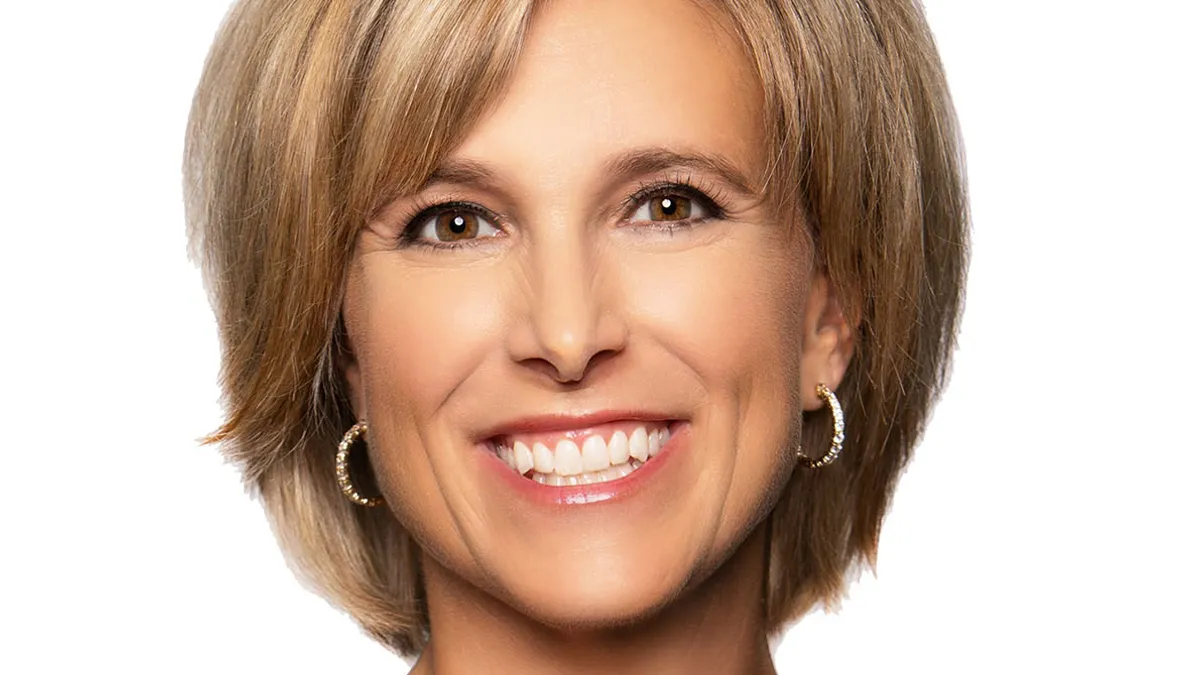Dive Brief:
- Keith Hughes resigned from the Fidelity National Information Services board last week for “personal reasons,” according to a filing the payments processor made with the Securities and Exchange Commission Wednesday.
- The company, known as FIS, said Hughes was already “scheduled to retire from the Board and not stand for re-election” at its upcoming annual shareholders meeting this year because of “mandatory retirement age policies.” That means he’s likely exiting a few months earlier than planned. It’s not clear when the company will hold its annual meeting, but last year it was in May.
- “Mr. Hughes advised the Company that his decision to resign as of January 19, 2023 was due to personal reasons and was not related to any disagreement with the Company,” the filing by the Jacksonville, Florida-based company said.
Dive Insight:
Last week, FIS board member Mark Ernst, who served for only a few weeks, resigned after a former employer objected to him joining the FIS board, according to a prior company disclosure with the SEC. Ernst, who joined the board only last month, was formerly chief operating officer at FIS rival Fiserv from 2011 to 2018, according to his LinkedIn profile.
At the same time it announced Ernst’s resignation on Jan. 20, FIS said it had appointed two new directors to its board, Mark Benjamin and Lee Adrean, but it wasn’t clear whether there was another board member resigning, or if the company planned to expand the number of directors. With the Hughes resignation, it appears that the number of directors will remain the same.
A spokesperson for the company didn’t immediately respond to a request for comment about the latest board resignation, or a date for the upcoming annual meeting.
Benjamin, and Ernst before him, were appointed to the FIS board as part of the company’s cooperation agreement signed last month with a new activist investor, the hedge fund D.E. Shaw.
The turnover in directors on the FIS board follows the investments of D.E. Shaw and another activist investor, JANA Partners, last year.
Both of the new investors have in the past pushed companies to take certain actions.A lengthy Dec. 14 agreement with D.E. Shaw that FIS included in a prior SEC filing, shows D.E. Shaw plans to play an active role at FIS, which has been struggling to boost shareholder value.
Some shareholders have been pressing FIS to consider selling parts of its business, maybe even its entire merchant business.
In conjunction with the disclosure of the new investors last month, FIS said it would pursue “a comprehensive assessment of the Company’s strategy, businesses, operations and structure with the goal of positioning the Company to drive stronger results, increase shareholder value and enhance client services.”
That was in addition to a $500 million cost-cutting plan undertaken late last year after the company’s then-CEO Gary Norcross and then-President Stephanie Ferris expressed disappointment with third-quarter financial results.
Norcross accelerated his departure as CEO last year and agreed not to remain on the board, handing the CEO post to Ferris last month. After the exit of Norcross, Jeffrey A. Goldstein, the board’s lead independent director, became chairman and Ferris joined the board.
FIS noted previously that the board has added five new directors in the past two years, including Ferris.











